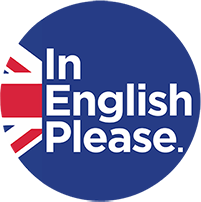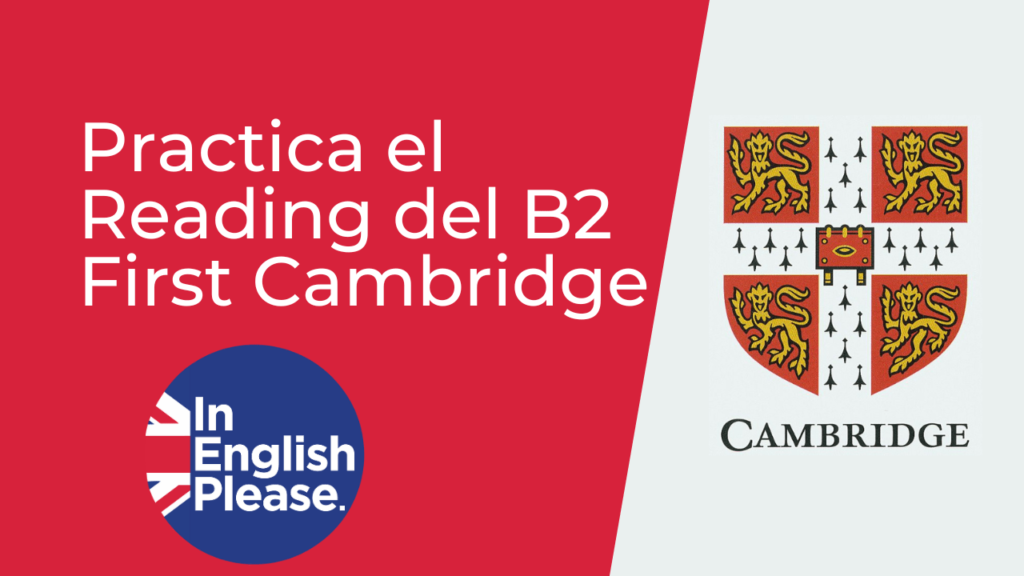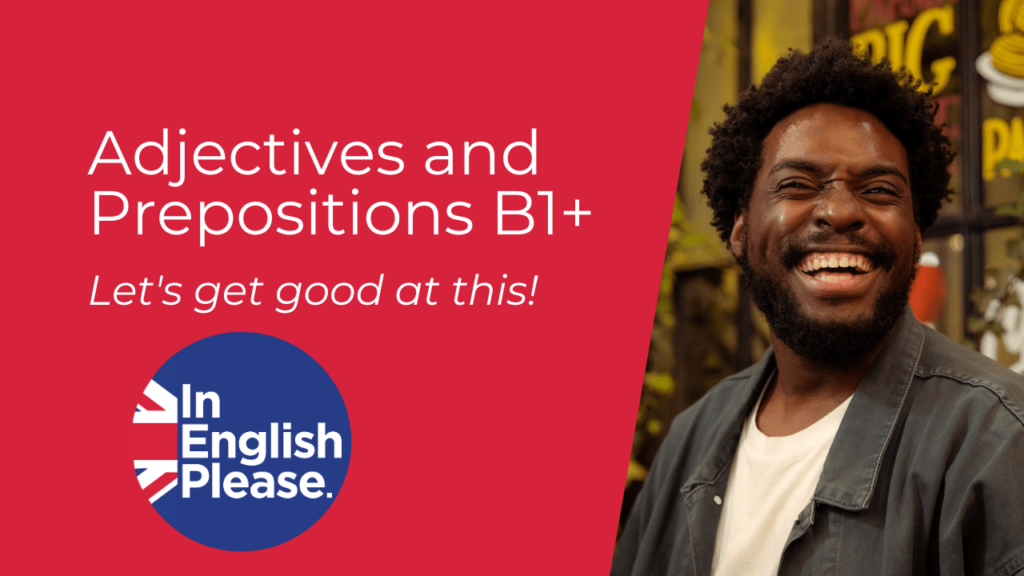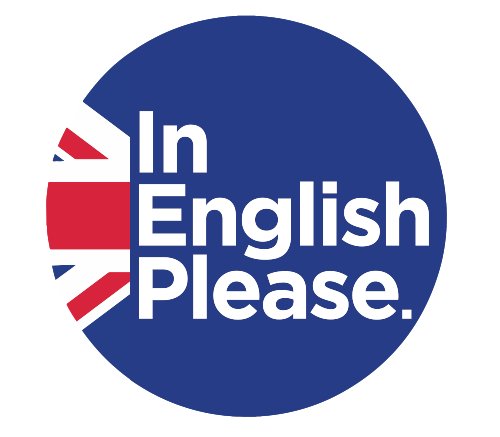
Texto en inglés para leer – Practica las WH questions
Hoy vamos a ver un texto en inglés para leer y practicar las WH questions. Es perfecto para principiantes ¿Necesitas un repaso previo sobre cómo hacer preguntas en inglés? Mírate este post, ¡te lo contamos muy clarito!
También puedes practicar las preguntas en inglés en esta lección de nuestro curso de inglés A1, que incluye explicación y ejercicios.
En este texto en inglés vamos a ver varios ejemplos de WH questions. Antes de continuar ten presente el significado de cada una:
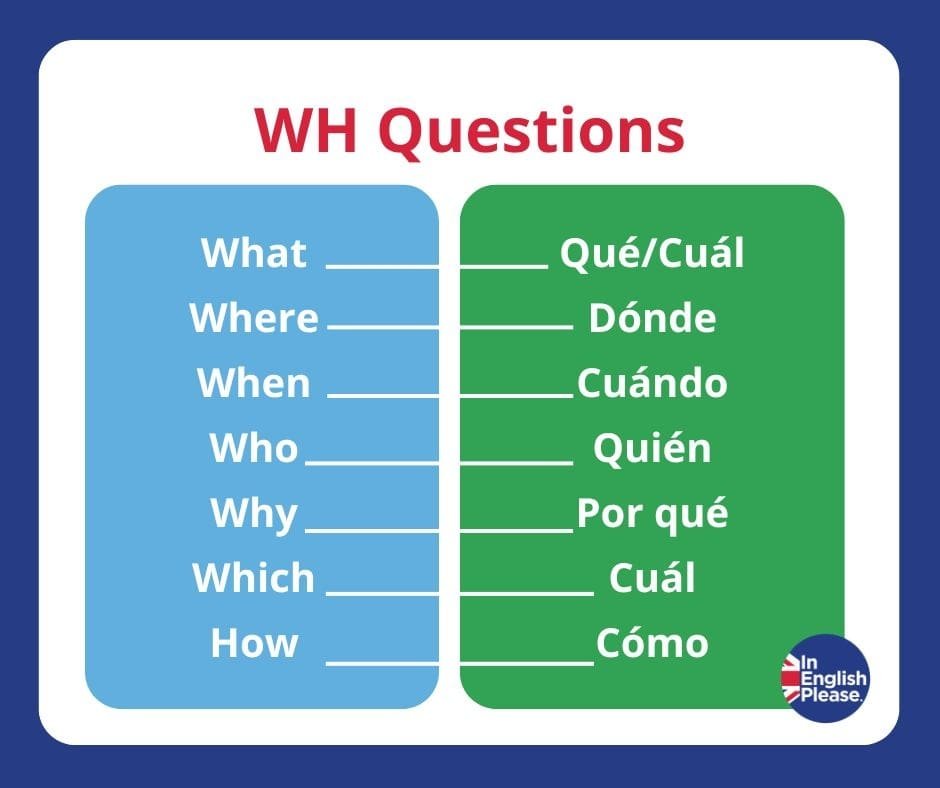
A continuación, pasamos a la historia en inglés.
A fun day at home
Tom, Lisa, and Sarah are good friends. They live together in a big house. Every morning, they eat breakfast in the kitchen and talk about their day. Today, something funny happens.
Tom wakes up early and goes to the kitchen. He wants to eat cereal. But when he opens the fridge, something is missing. “Where is the milk?” he asks, looking confused. He looks on the table and in the pantry, but there is no milk.
Lisa is in the kitchen making coffee. She looks at Tom and says, “I don’t know. What do you need it for?” Tom says, “I want cereal, but there is no milk!”
Sarah walks into the kitchen. “Why is everyone talking so much this morning?” she asks. Tom laughs and says, “I’m not talking much. I just want to know where the milk is.”
Lisa starts laughing. “Oh no!” she says. “I used all the milk for my coffee!” Tom looks at her and asks, “How do you drink so much coffee?” Lisa smiles and says, “I need it to wake up!”
Tom sighs. “Now what do I eat for breakfast?” he asks. Sarah says, “Why don’t you eat toast? We have bread.”
Tom shakes his head. “But I want cereal!” he says again. “Who drank all the milk?” he asks.
Lisa laughs and says, “I told you, it was me! I drank it!”
Suddenly, the doorbell rings. “Who is that?” asks Sarah. They open the door, and it’s their neighbor, James. He is holding a bottle of milk.
“Hey guys, do you need milk?” James asks. “I bought too much.”
Tom smiles. “Yes! Thank you! You saved my breakfast!” he says, taking the milk.
“Why do you always get lucky?” Sarah jokes, and they all laugh.
After breakfast, Tom says, “Well, today is not so bad.” Sarah smiles and says, “Just buy more milk next time!”
Ejercicios de inglés
Prueba a resolver estos ejercicios de inglés que incluyen comprensión del texto y práctica de WH questions.
1. Completa las preguntas con la palabra adecuada (who, what, where, why, how).
1. ___ does Tom want to eat?
2. ___ uses all the milk?
3. ___ do they open the door?
4. ___ brings the milk?
5. ___ is Tom confused?
2. Crea cinco preguntas usando WH words sobre la historia. Usa las palabras: who, what, where, when, why.
Ejemplo:
Who makes coffee?
What does Tom drink for breakfast?
Why does Tom laugh?
Sigue practicando en casa
🚀 ¿Buscas un aprendizaje más allá? Pregúntanos por nuestras clases de inglés online o profesores de inglés en Madrid.
Sigue aprendiendo con:
- nuestras lecturas cortas en inglés
- nuestro canal de Youtube.
Además tenemos un catálogo de cursos gratis de inglés para varios niveles.
Respuestas ejercicio 1:
1. What
2. Who
3. Why
4. Who
5. Why
By the way, no solo somos buenos profesores de inglés sino también somos buenos estudiantes de español. Si ves un fallo en nuestro articulo, abajo nos puedes dejar un comentario con la corrección y la revisamos.
Posts Relacionados
Practica las preposiciones en inglés: guía rápida con ejercicios
Preposiciones en inglés ¿cuáles son? Las preposiciones en inglés son palabras pequeñas pero poderosas que indican la relación entre diferentes elementos en una oración. Estas relaciones pueden referirse a lugar, tiempo, dirección, causa, medio o modo. Es cierto que al...
Aprende 3 modales en inglés B1: Should, Would y Could – ejercicios PDF
Aprende a usar los verbos modales en inglés B1 Hablar correctamente en inglés no solo se trata de aprender vocabulario y estructuras (pero si quieres aquí te dejo algunos artículos para refrescar este contenido como Ejercicios de sinónimos y antónimos en ingles –...
It is done: Ejemplos de pasiva en inglés B2 y C1 – Avanzado
Ejemplos de pasiva en inglés B2 En un nivel B2, pasar de activa a pasiva requiere un conocimiento de gramática más avanzado, así que hemos preparado ejemplos de pasiva en inglés B2, para que te hagas una idea. También te invitamos a que eches un vistazo a nuestro...
